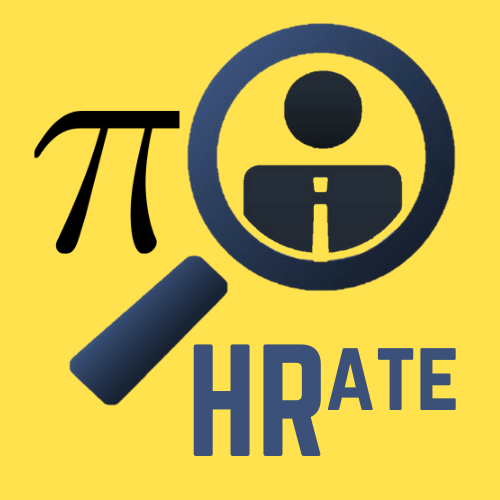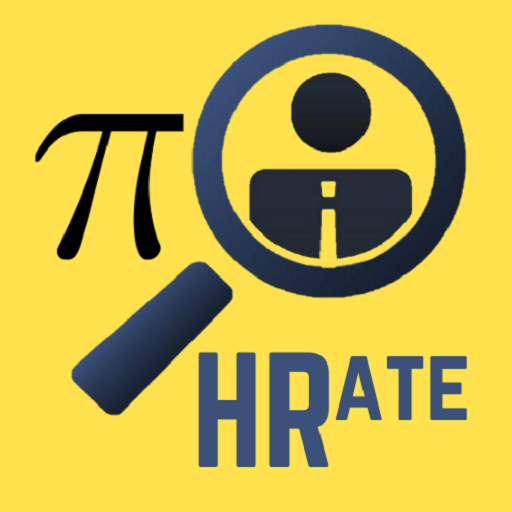Boolean searches were once considered the best way to identify best-fit candidates, but AI sourcing has emerged as the latest game-changer in recruitment technology.
With Boolean search returns, often those same candidates are displayed farther down the list, and recruiters need to trudge through a lot of disqualifications before reaching them.
Because this task is so tedious, some recruiters opt to submit the first candidates that meet the minimum qualifications for the job who are interested and available. This risks missing better-fit candidates entirely. AI’s capacity to rank the best candidates for a position can dramatically increase recruiters’ effectiveness in sourcing.
The time savings offered by AI sourcing only grows from there. Recruiters can find and engage the right people with the right skill sets up to 10 times faster because its AI sources across more than 30 platforms, including LinkedIn, GitHub, Quora, Facebook, Twitter, AngelList, and Reddit, which cover 700 million professional public profiles on the open web.
In addition, while AI searches can pull from any database, Boolean searches can only be applied to databases that support Boolean. With AI, recruiters not only avoid having to slog through every database, search engine, and job board – they can be sure that any candidates that were searchable were actually searched.
AI sourcing scans the entire open web in seconds and pulls relevant matching data into candidate profiles that are much richer than what Boolean searches can provide. AI does this by fusing machine learning algorithms with semantic-based algorithms and natural language processing to produce a uniquely comprehensive overview of any candidate.
The AI is able to parse job requirements from the job description and include them in searches. It considers the relationship between entities like companies, schools, job titles, and skills. And the AI also evaluates candidates through a holistic lens, weighing a wide variety of factors including experience, skills, education, career paths, and more.
Many basic Boolean searches are not contextual, instead assigning equal weight to each of the terms in a search query. AI’s contextual features consider resume keywords in the context of the resume as a whole, weighing each appropriately. AI even helps recruiters by suggesting related job titles and skills as they are building their search.
AI sourcing also allows recruiters to differentiate the value and relevance of specific terms. It performs this contextual search on all search boards and other job platforms, through its parsing and structuring of data. This is important because people with the same job frequently have different titles, or convey their experience using different terms, or may not even mention critical skills and experience explicitly
AI brings all of these threads together into a coherent whole, extending your search to include these relevant related terms. It’s very challenging — and exhausting — to create Boolean search strings that are complete in the same way, and so Boolean searches often exclude qualified talent.
With AI’s sourcing capacity to search for what recruiters actually mean, rather than only what was in their Boolean strings, recruiters do not need to guess which skills and job titles candidates have put on their resumes — let alone which related terms and synonyms, abbreviations, and spelling variants candidates may have used.



